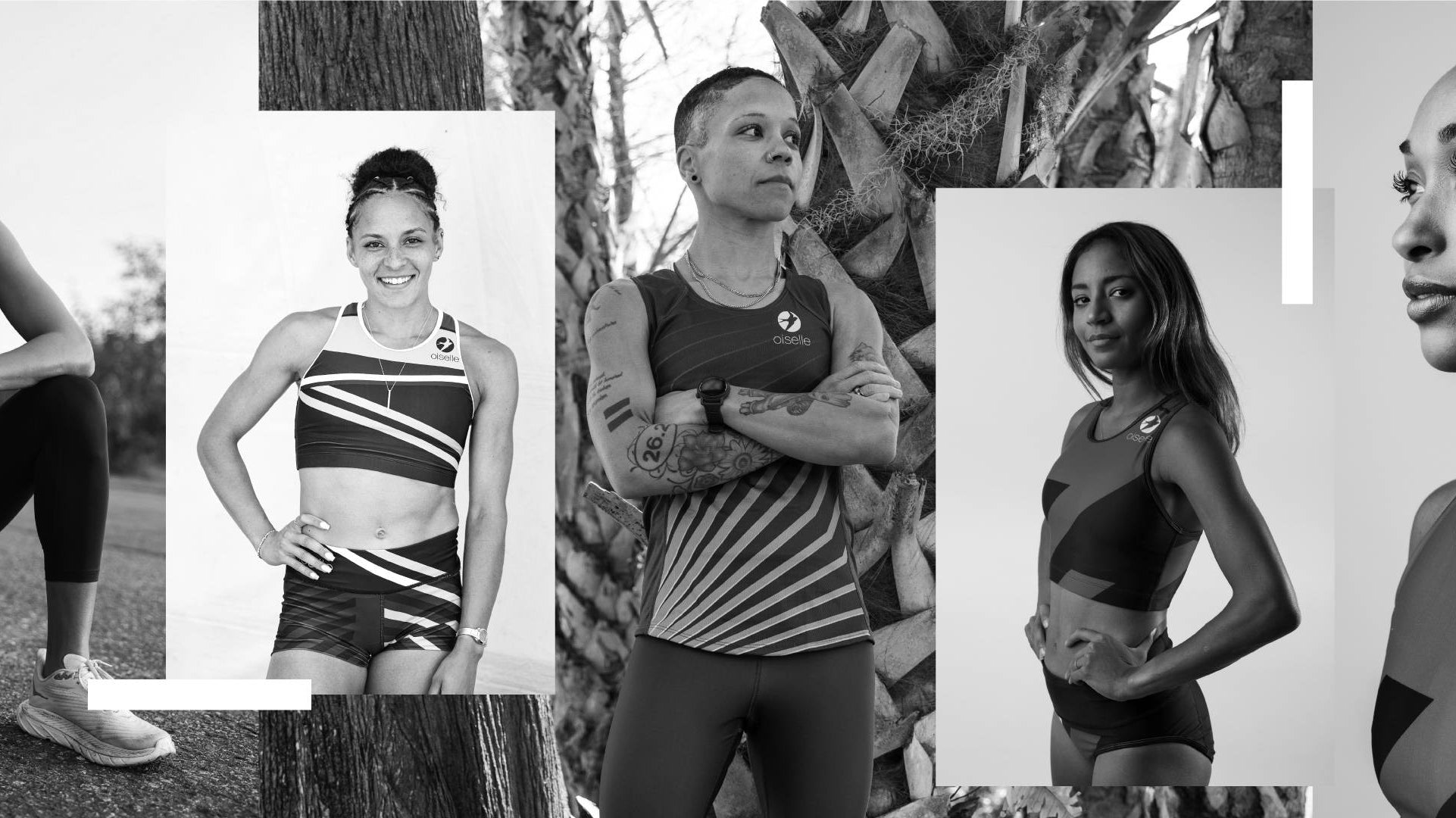You may have read my post last week, Period Talk: It's Good. I am glad that I've been able to get the discussion going on this important topic - amenorrhea. I've had numerous women contact me over this past week asking for help, so I'd like to answer some of the questions that I received.

What changes did you make?
1. Reduced my volume (and intensity) of running, but not drastically.
Volume history since amenorrhea started:
- 2006-2008: ran 35-50 MPW
- 2008-2012: 55-70 MPW
- 2012-2016: 75-90 MPW
After the Trials I cut my volume back to 55-65 miles per week. I have been doing only easy miles and no workouts. This is because my current goal is pregnancy and not racing.
2. Post Running Re-fuel
In the past I think I overlooked EVERY DAY post run recovery nutrition. Obviously after 16-22 mile workouts I’d re-fuel immediately, but what about every day running? For some reason I honestly feel like I discounted running unless it was a “workout.” As if running easy required no work…even though my easy run days could consist of a double run (8 miles in the AM and 4 miles in the PM) or a single run of 10 miles. Clearly still expending energy. If I decide to do strength work post run I must eat something of at least 200 calories before starting strength session. In the past I’d just “wait” until I got home from strength work/drills/active stretching which could end up being 2 hours. Give yourself credit for all the work you do. Not just when you “think” you worked hard.
3. Pressure
I feel this is a HUGE part of amenorrhea. I feel people can really place high pressure and stress on themselves. When there is always a race hanging over your head it can keep your body and mind in a constant state of stress. Never relaxed. I feel a lot of people with type A personalities can all struggle with this. We never feel satisfied and always want perfection. Through this process I have been doing more breathing and meditation exercises. Teaching my body to be relaxed and calm. Specifically Jasyoga has really helped me with this. I speculate that when I start training and racing again, that this will be key in helping my body feel at peace and in balance.

4. Mindset Changes
I have found that it is NOT helpful for me to think of my body as a machine. I know that a lot of people use this analogy. But, when I think of a machine I think of something that can be abused and has no feelings. A machine can be treated like crap and it’ll keep carrying on for a long time. A machine may look good on the outside, but internally things can be not exactly how they should. The body is an amazing piece of art and it needs to be appreciated. It has feelings. I feel a much larger sense of respect now. It is special, powerful, and beautiful.
Another thing that I believe can happen easily is that we numb our brains to our workload. We train our minds to tolerate a lot of work and feelings. This practice occurs every single day. When something is done every day it can be easy to forget. It becomes automatic. I still occasionally catch myself saying, “I only ran 10 miles.” But, now I re-phrase it to, “I ran 10 miles, a full 10 miles!”
5. Dietary Changes
Besides refueling immediately after running, I really have only increased the variety of fats I take in. The fats that I eat very regularly now are: avocados (about 4 full per week), butter (preferably grass-fed butter), coconut oil, and full fat dairy. I do not track calories regularly. I feel that the timing of nutrition has made a huge difference.
How much weight did you gain?
FYI: In the past 10 years my weight has hovered around 132-135 and now sits about 140. (I’m 5’9”)
Almost immediately after the trials I gained 5-8 pounds. This weight gain is actually pretty typical for anyone training and racing a marathon. I was just a little softer all over. And then my boobs grew. After I got my period for the first time I also felt my boobs hit another growth spurt. Initially it felt awkward, but now it seems normal. I find it difficult to even classify that weight gain as being a significant amount.
How can amenorrhea potentially affect fertility?
I learned that when estrogen levels are chronically low (amenorrhea) our body stops growing/producing a uterus lining. When females get their period they shed (bleed) their uterus lining every month. No period means no shedding occurs. The uterus lining is important because it is what holds the baby in the womb. The scary part is that permanent damage can potentially occur. The body’s ability to produce this lining can be forever be put into jeopardy.
*I’m not a doctor-this is just my understanding.
Thanks for reading and sharing this information with those that are interested!
Further topics to come will be posted on my blog. What's next:
- What I’d tell my younger self
- What I’d tell coaches working with woman of all ages
- Resources that I found helpful
FOLLOW HEIDI'S JOURNEY:
I’ll continue to share my story on my blog and answer as many questions as I can.












